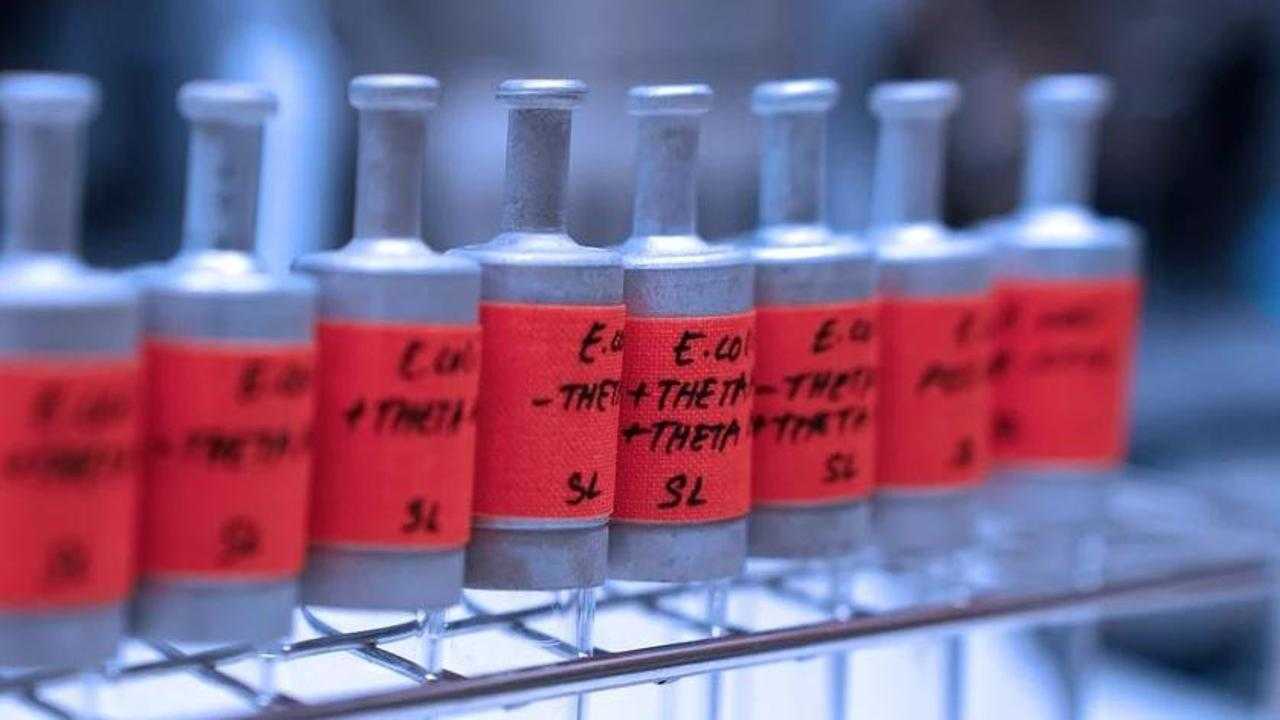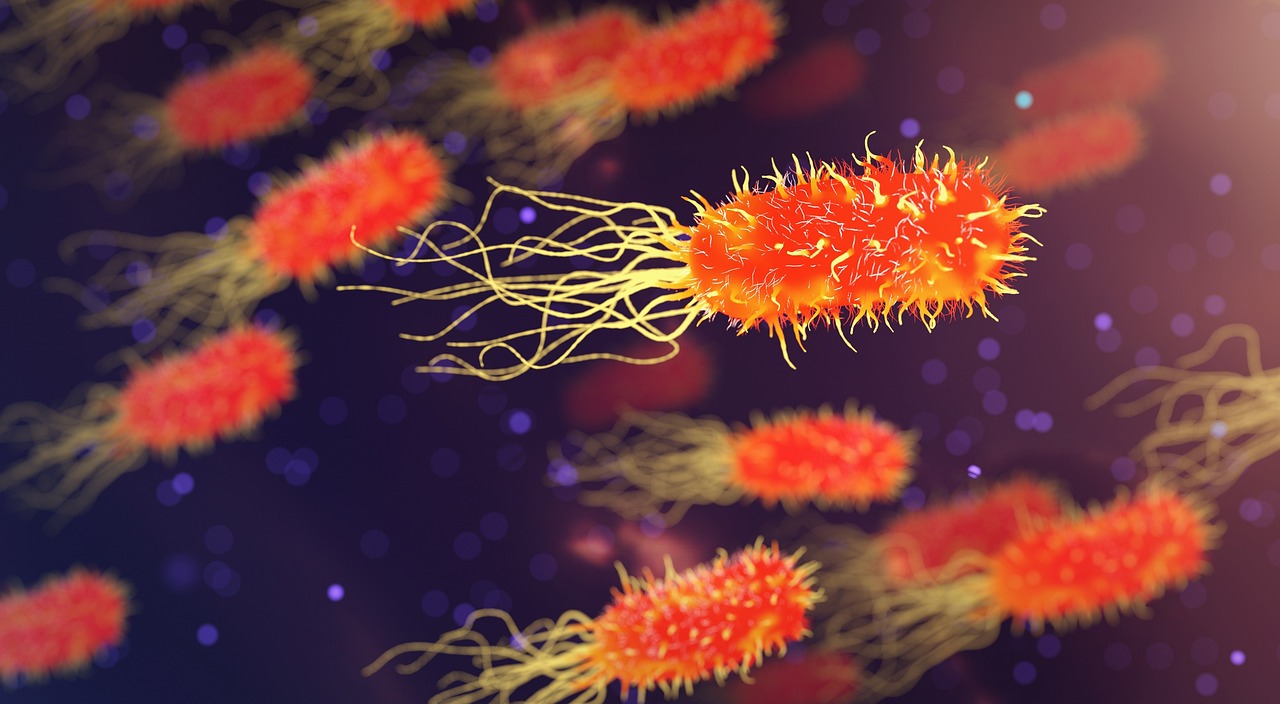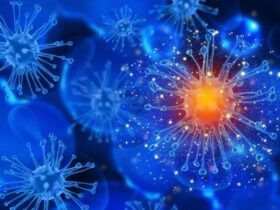To address climate change, researchers at the Max-Planck-Institute have succeeded in achieving the synthetic fixation of carbon dioxide in living cells
I climate changes they represent a real emergency that must be addressed to safeguard our planet. From a perspective of approach to the climate crisis, the researchers of Max-Planck-Institute for Terrestrial Microbiology have obtained important results regarding the synthetic fixation of carbon dioxide (CO2) in living cells. The study was published in Nature Catalysis, and appears like the beginning of a revolution because it would allow capture and convert CO2 in an innovative way. This discovery also supports the biotech resources sector, particularly with regards to the production of biofuels, biomaterials and pharmaceuticals.

Synthetic fixation of carbon dioxide within living cells
Researchers at the Max-Planck-Institute for Terrestrial Microbiology have created a new synthetic biochemical cycle, known as “THETA cycle”. This cycle is capable of converting two CO2 molecules into one Acetyl-CoA per cycle. This discovery brings a breath of innovation not only in the field of climate change, but also in synthetic biology. In fact, for the first time it presents the possibility of designing itineraries CO2 fixation totally new and more efficient than those developed naturally. The “THETA cycle” requires the use of 17 biocatalysts and is based on the two fastest known carbon dioxide fixing enzymes. These are crotonyl-CoA carboxylase/reductase and phosphoenolpyruvate carboxylase. They are enzymes that were discovered in bacteria, which is why the cycle divided into three modules was implemented in E. coli bacterium.
We demonstrated the functionality of the three individual modules in E. coli. However, we have not yet managed to completely close the loop for E. coli to grow exclusively on CO2.
This is the explanation of Shanshan Luo, lead author of the study, which highlights the importance of the cycle and a modular approach for its implementation for the purposes of synthetic fixation of carbon dioxide in living cells.
Continue reading techgameworld.com so you don’t miss the latest content!
















Leave a Reply
View Comments